Challenges raised in industrial cluster rejuvenation
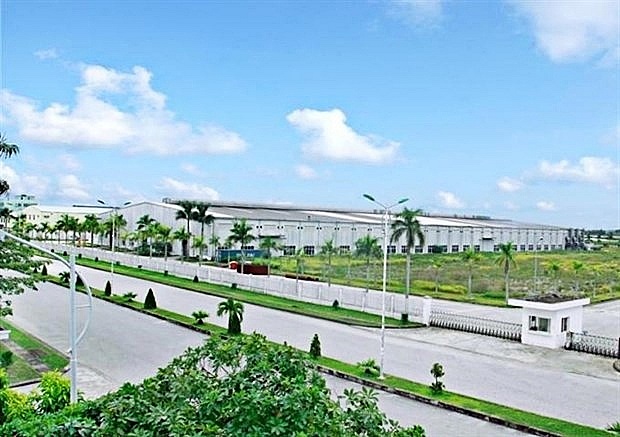 |
| A part of the Thanh Oai industrial cluster in Hanoi. (Photo source: tinbatdongsan.com) |
The Ministry of Industry and Trade (MoIT) is soliciting feedback on the government’s draft decree on industrial clusters (ICs), with an emphasis on expenditure regulations, creating and expanding ICs, and choosing investors to build infrastructure. Vietnamese ICs typically concentrate on production, business, and industrial services for small- and medium-sized enterprises.
The MoIT will submit this preliminary decree to the government for review and approval by the end of June.
Many municipalities believe that if the authorities re-establish administration regulations, it will be challenging to establish and expand ICs, thereby hindering their future development. Currently, in addition to legal issues relating to land, localities face challenges in managing the transition of the clusters partially or entirely funded by the state budget to businesses, due to the absence of specific regulations.
Clusters administered at district-level are “challenging to draw in secondary investment due to insufficient infrastructure,” Bui Duc Hanh, deputy director of the Department of Industry and Trade of Thai Binh province, said in late April. “Some ICs are planned primarily on rice land, but the complexity of converting land use purposes is impeding execution.”
According to existing regulations, a condition for the establishment of new ICs and their expansion is that they must achieve an average occupancy rate of at least 50 per cent.
Due to not yet obtaining the permission of the people involved and low compensated land prices, site approval for projects on the construction and operation of infrastructure in ICs face challenges.
Hanh said that the issue of housing construction licences for foreign experts and labourers in ICs is also making it difficult for investors.
Expanding and altering ICs is of particular interest to industrial development communities with limited land resources. Pham Khac Nam, deputy director of the Department of Industry and Trade of the northern province of Bac Ninh, said that the draft decree ought to enhance the regulation modifying the size of ICs since this generally changes during the process of establishing such clusters in the locality.
“This modification is extremely significant as Bac Ninh has 20 ICs that must alter land use purposes because they are located in a residential area,” Nam said. “In this regard, localities will be able to eliminate obstacles if the new decree includes expanded regulations, including adding ICs to the directory of provincial clusters and including MoIT implementation guidance.”
New decrees have established a solid legal framework for the formation and administration of ICs, but they have also uncovered numerous deficiencies. Nguyen Van Thinh, deputy director of the MoIT’s Department of Local Industry and Trade, determined that a lack of alignment in legal documents pertaining to land, investments, government funding, and construction had caused local application issues.
“Vietnam lacked a sufficiently powerful mechanism to entice business investment in industrial cluster infrastructure. Communities must adapt and expand ICs to satisfy the production space requirements of businesses,” Thinh said. “During the previous decade, many localities failed to plan for industrial cluster expansion, and provincial planning for 2021-2030 remained sluggish.”
Since 2022, the MoIT has held four consultations on IC management. The opinions of ministries, sectors, and localities were centred on several topics, including expansions and selecting investors to construct infrastructure. Two options were provided: integrating the process of establishing or expanding ICs, and carrying out distinct procedures for the approval of policies in accordance with the investment regulations.
| Nguyen Sinh Nhat Tan - Deputy Minister of Industry and Trade
The positive effects of Decree No.68/2017/ND-CP and Decree No.66/2020/ND-CP are numerous. Nonetheless, these two decrees disclose shortcomings. Therefore, the proposed decree will promote the benefits, tackle obstacles, and provide favourable circumstances for management firms and investors in ICs. This will be demonstrated by reducing administrative procedures, particularly those associated with investment policy. Numerous localities have implemented them flexibly, but they still require explicit regulations to guarantee transparency and efficiency. Land issues necessitate a thorough evaluation of the land when switching land use purposes. The proposed decree would significantly decentralise authority to local governments, but the transformation has to align with the land law and maximise land use. Additionally, the proposal establishes better conditions for the region. Under appropriate circumstances, investors can be adaptable. The MoIT will consult the Ministry of Finance to establish the most comprehensive regulations on the conversion of public property. The ministry will also review and finalise the draft decree as soon as possible. |
| In accordance with the master plan to 2020, with a vision to 2025, Vietnam boasts over 1,700 industrial clusters with a total area of 58,100 hectares, distributed by regions: the northern midlands and mountain areas have 250 clusters, the Red River Delta boasts 515 clusters; the central coast covers 457 clusters; and the Central Highlands contains 77 clusters. |
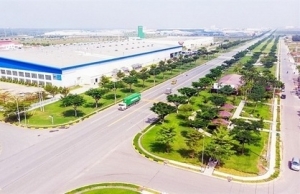 | Hanoi looks to take action on delayed industrial cluster projects The People's Committee of Hanoi is considering withdrawing investment certificates from slow-moving industrial cluster projects. |
 | Industrial clusters suffering from legal inconsistencies The industrial cluster plays a significant role in Vietnamese industrial development and economic restructuring. Thus, attracting quality foreign-invested and leading companies is not only the preparation of clean land, good human resources, and appropriate and global competitive incentives, but also the need for good thinking and policies to develop some complexes. |
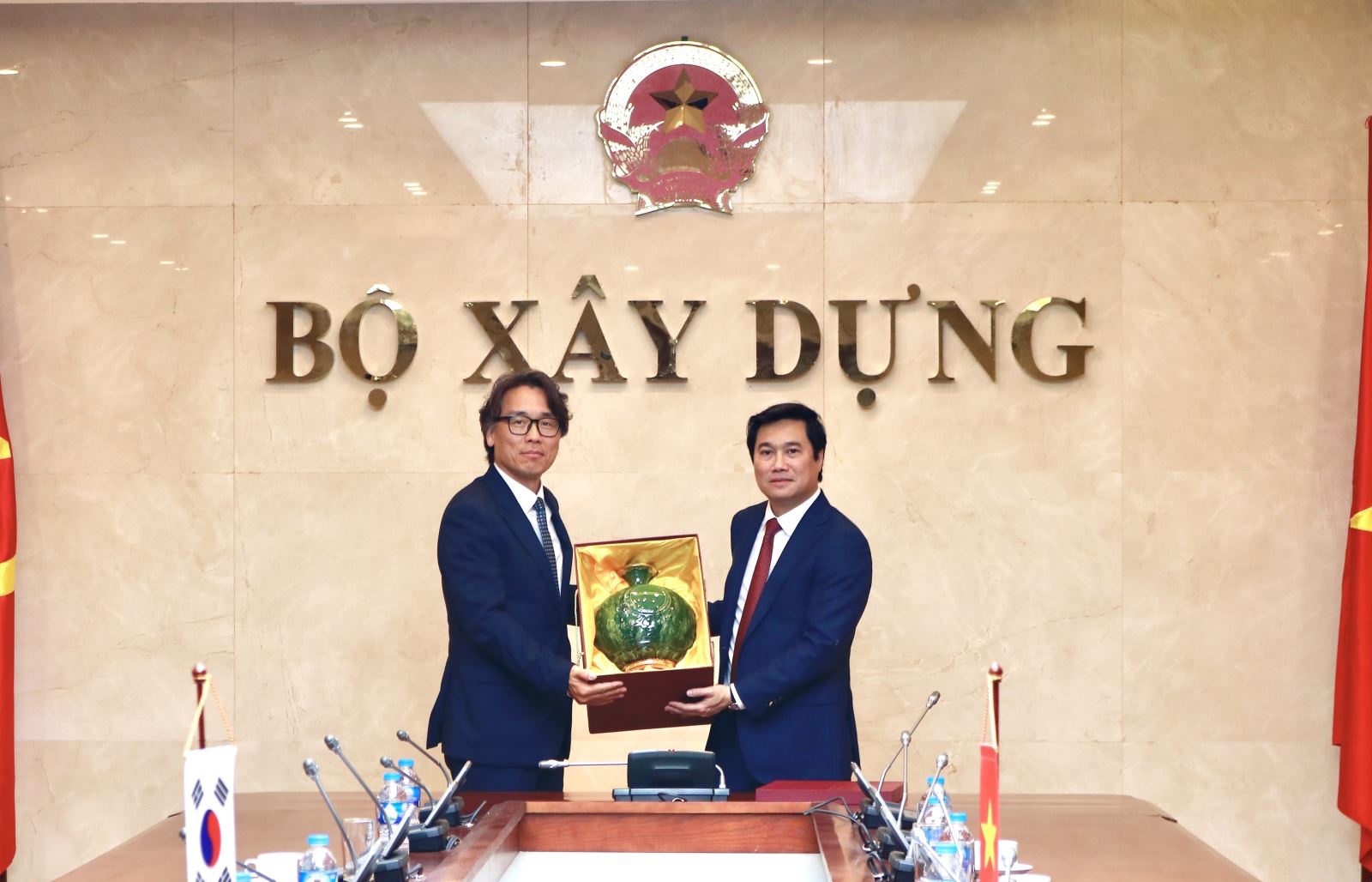 | South Korea plans waste treatment industrial cluster with ODA funds in Vietnam A new memorandum of agreement is expected to be signed by the South Korean Ministry of Environment and the Vietnamese Ministry of Construction in September. |
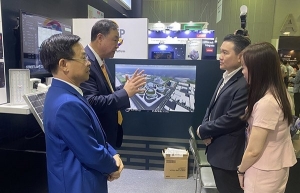 | Binh Duong’s first net-zero industrial cluster to be built Gia Dinh Group and SEP Cooperative of the Republic of Korea (RoK) on April 13 signed a memorandum of understanding on building a net-zero industrial complex in the southern province of Binh Duong. |
What the stars mean:
★ Poor ★ ★ Promising ★★★ Good ★★★★ Very good ★★★★★ Exceptional
Related Contents
Latest News
More News
- An Phat 5 Industrial Park targets ESG-driven investors in Hai Phong (January 26, 2026 | 08:30)
- Decree opens incentives for green urban development (January 24, 2026 | 11:18)
- Public investment is reshaping real estate’s role in Vietnam (January 21, 2026 | 10:04)
- Ho Chi Minh City seeks investor to revive Binh Quoi–Thanh Da project (January 19, 2026 | 11:58)
- Sun Group launches construction of Rach Chiec sports complex (January 16, 2026 | 16:17)
- CEO Group breaks ground on first industrial park in Haiphong Free Trade Zone (January 15, 2026 | 15:47)
- BRIGHTPARK Entertainment Complex opens in Ninh Binh (January 12, 2026 | 14:27)
- Ho Chi Minh City's industrial parks top $5.3 billion investment in 2025 (January 06, 2026 | 08:38)
- Why Vietnam must build a global strategy for its construction industry (December 31, 2025 | 18:57)
- Housing operations must be effective (December 29, 2025 | 10:00)

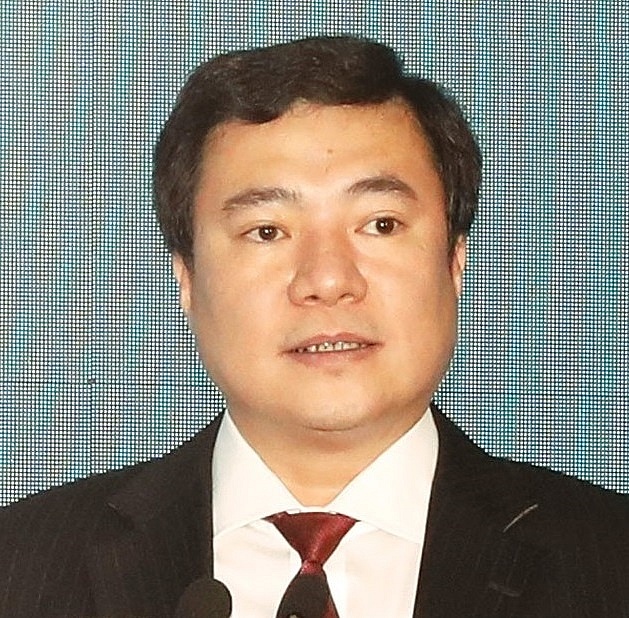
 Tag:
Tag:



















 Mobile Version
Mobile Version